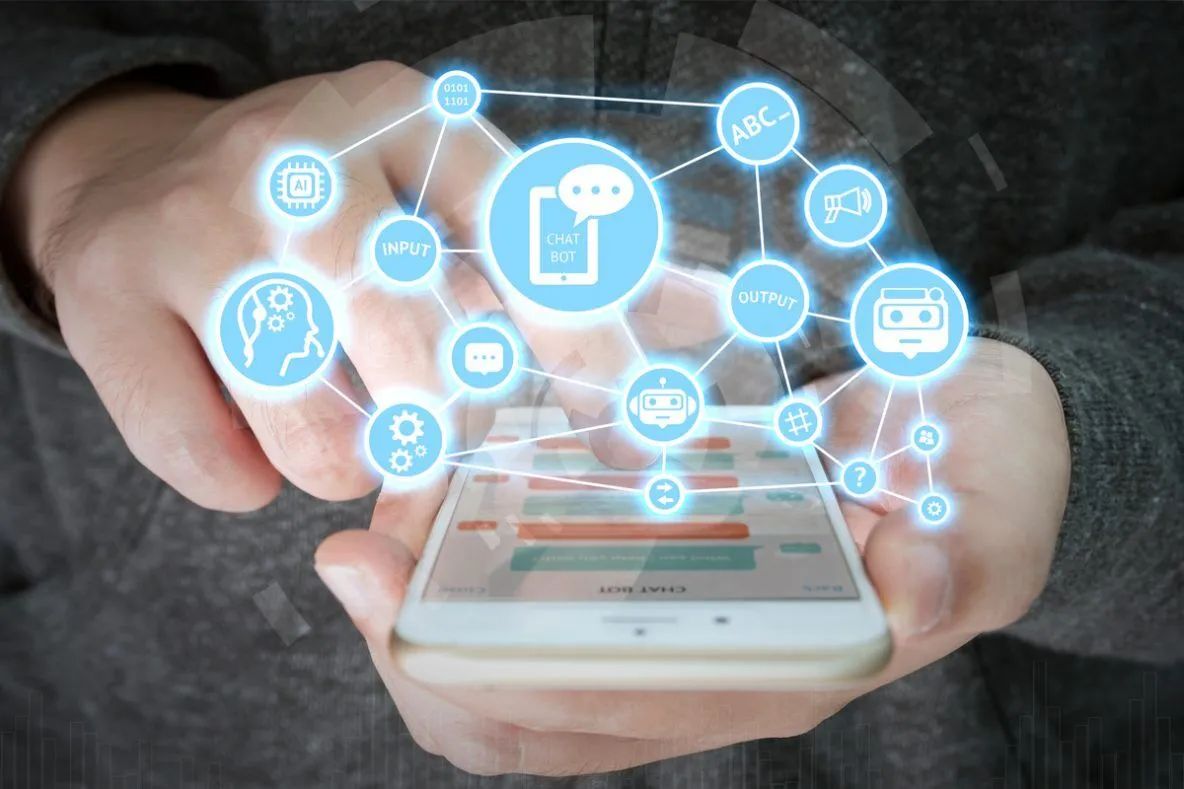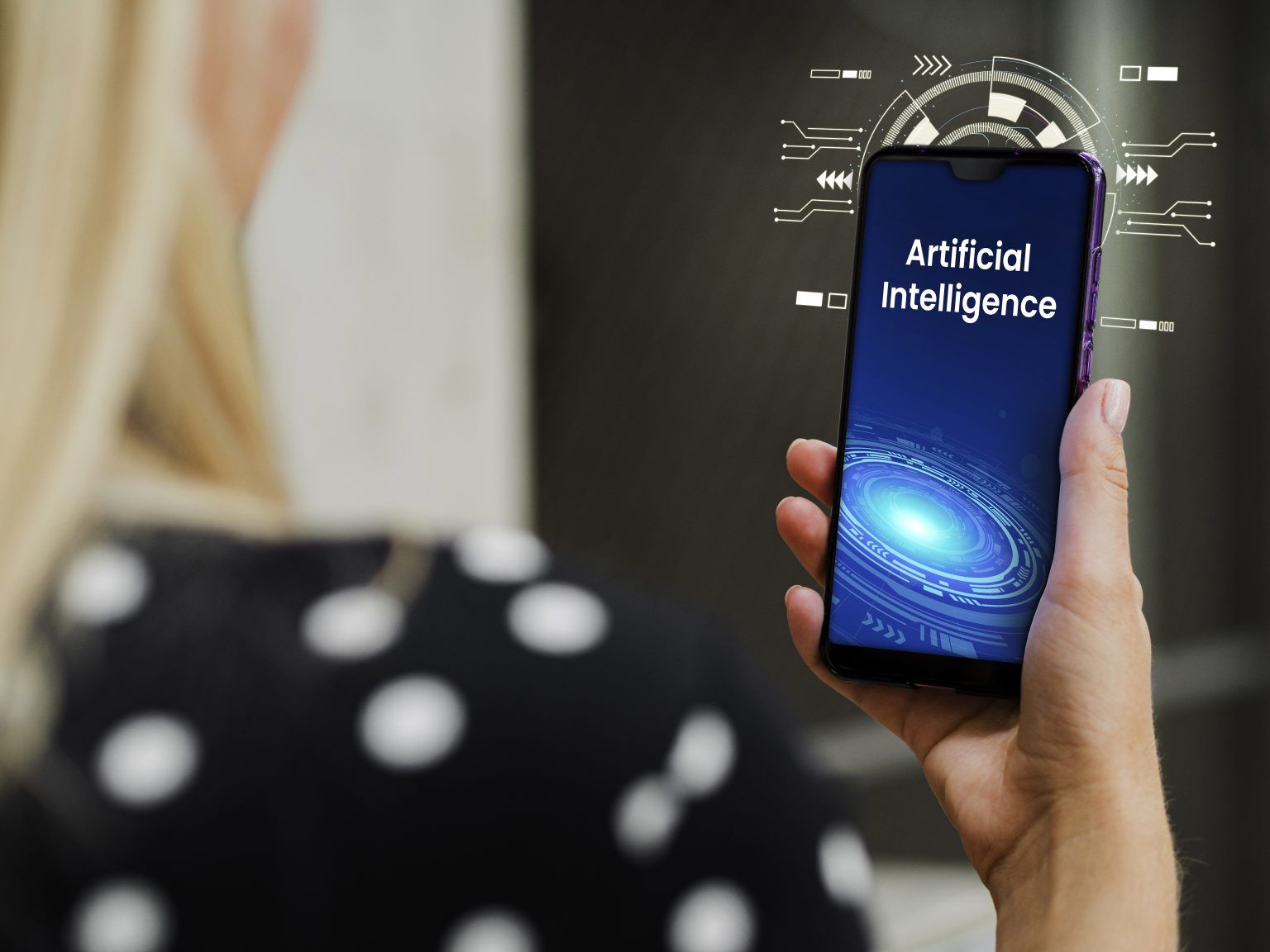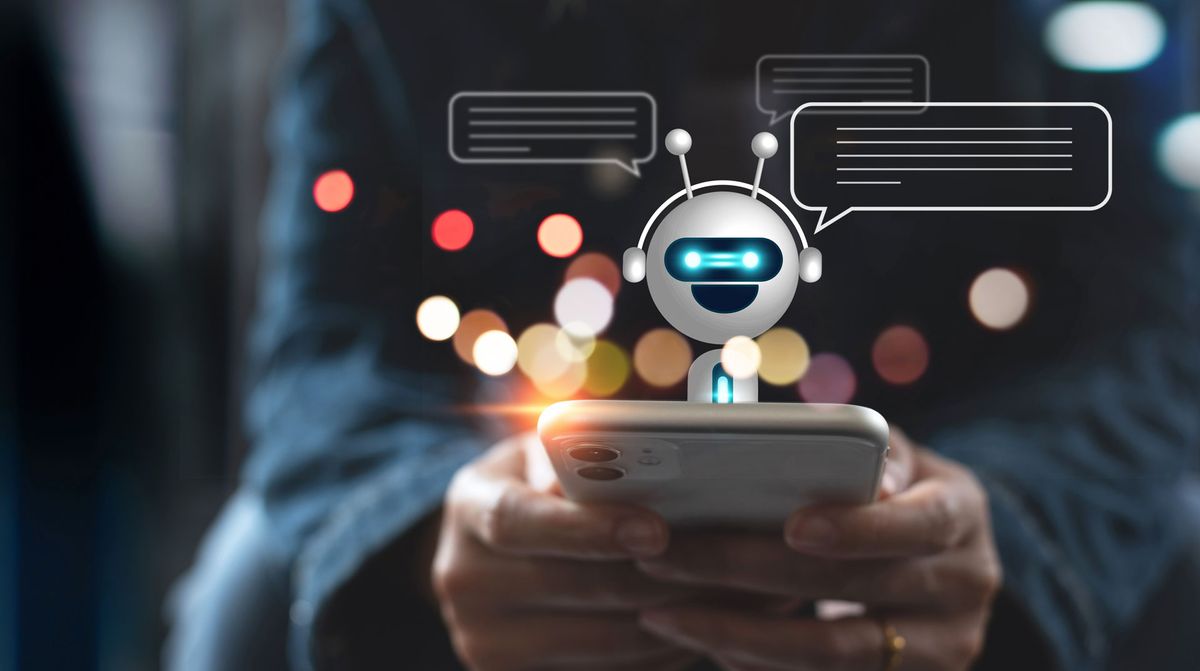Highlights
- Samsung’s S24 series marks the debut of the first AI smartphone.
- AI enhances smartphone security by detecting malware and suspicious activities.
- Next-gen smartphones feature NPUs for efficient, power-saving AI computations.
- Future AI smartphones will offer personalized recommendations and predictive text features.
Artificial Intelligence (AI) has been a transformative force across numerous industries, and the smartphone sector is a standout example of its impact.
With the dawn of AI-fueled smartphones, we’re on the brink of a revolution in our interaction with technology.
AI in Smartphones: A Journey Through Time

AI’s integration into smartphones has been evolving, offering a range of functionalities.
From Natural Language Processing (NLP) enabling voice recognition and understanding spoken requests to enhancing photography through scene recognition and noise reduction, AI’s role has been pivotal.
Moreover, its capability to identify suspicious activities or malware has bolstered security on these devices.
The Dawn of AI-fueled Smartphones

The latest generation of AI-equipped smartphones boasts significant advancements in hardware, storage, and operating systems, facilitating on-device computational processes.
This shift towards self-reliance enhances speed, responsiveness, and personalization.
Samsung’s S24 series, launched in January, heralded the era of AI smartphones, featuring Neural Processing Units (NPUs) within their System-on-Chip (SoC).
These NPUs are adept at running Large Language Models (LLMs) efficiently, marking a leap towards next-gen mobile technology.
The Future Beckons

The advent of Generative AI (GenAI), including LLMs and text-to-image models, points towards an exciting future.
The potential for new applications and improved functionalities in AI-powered smartphones is immense.
We anticipate devices that not only understand our preferences better but also recommend activities, predict texts, and introduce us to new interests, like quirky video games.
As we look forward to the new releases slated for April 2024, the anticipation among tech aficionados and the general public alike is palpable.
The upcoming smartphones, teeming with innovative features and enhancements, are poised to redefine our digital experiences.
What’s Next

Far from being a fleeting trend, AI is set to play a pivotal role in enhancing our mobile experiences.
The seamless integration of AI into smartphones is transforming them into more personalized, efficient, and intuitive companions.
FAQs
What Makes AI-fueled Smartphones Different from Previous Generations?
AI-fueled smartphones integrate advanced hardware like Neural Processing Units (NPUs) directly into their System-on-Chip (SoC), enabling them to run complex AI algorithms efficiently. This allows for real-time, on-device processing, enhancing speed, personalization, and power efficiency.
How Does AI Improve Smartphone Photography?
AI technologies in smartphones, such as scene recognition and noise reduction, automatically adjust settings to suit the environment, enhancing photo quality. These intelligent systems can also suggest edits, ensuring that even amateur photographers can capture professional-grade images.
Can AI in Smartphones Enhance Security?
Yes, AI plays a crucial role in enhancing smartphone security. By leveraging machine learning algorithms, smartphones can detect and neutralize potential threats, including malware and suspicious activities, ensuring a safer user experience.
What Future Innovations Can We Expect from AI Smartphones?
The future of AI smartphones looks promising, with advancements like Generative AI paving the way for more intuitive interactions. Expect features such as better understanding of user preferences, advanced predictive text, and personalized recommendations for entertainment and activities.
Also Read: The Future of Chipsets: Pushing the Boundaries of Manufacturing Processes
Also Read: Evolution of Smartphone Camera Sensors Explained: From CMOS to Dual-Layer Transistor-Pixel
Also Read: GenAI Could Revolutionise Smartphone Technology in 2024: Unpacking the Implications
